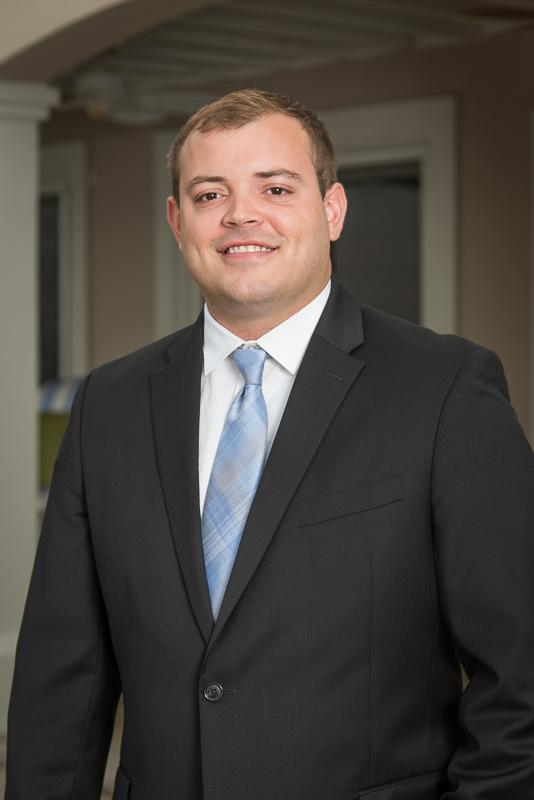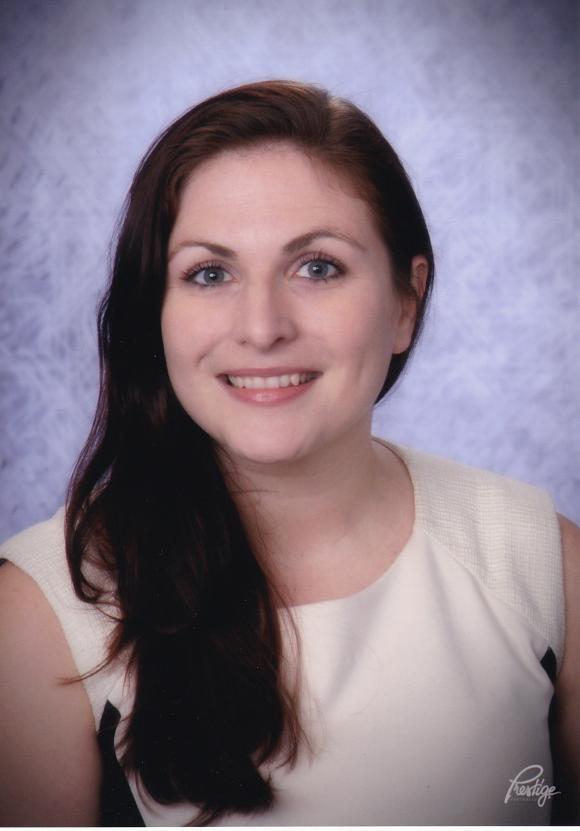
Josh Bauers ensures communities meet their Mt. Laurel requirements to help low-income people get housing.
Joshua Bauers '15, Working for Fair Housing
When Joshua Bauers ’15 was a student at Rutgers Law School in Camden, he worked on several pro bono projects, including the Street Law and Domestic Violence projects, and helping at a restorative project for juveniles at Youth Court.
Bauers, who had studied to be a social worker as an undergraduate, said he was inspired to go to law school, in part, because he knew he could be a more effective advocate for his clients as an attorney.
After completing an internship at Fair Share Housing Center between his 2L and 3L years, he stayed in touch with the nonprofit and they agreed to sponsor him for a fellowship proposal. FSHC, based in Cherry Hill, defends housing rights for low-income residents by ensuring that municipalities across New Jersey meet their Mt. Laurel obligations. The Mount Laurel Doctrine was a landmark court decision in New Jersey that requires communities to provide their fair share of affordable housing for people in need.
With the help of Rutgers Law School’s first Maida Fellowship, Bauers was able to work at the non-profit for a year, from August 2015 to 2016, where his work centered on reviewing fair share housing plans prepared by municipalities experiencing redevelopment. Josh’s work has often led to settlements where the municipality and FSHC agree upon fair share obligations and the mechanisms to meet those obligations.
“My job is to review the fair share plans to ensure they provide adequate opportunities for low-income individuals and families.,” he said. “When a plan doesn’t meet the town’s obligation to provide affordable housing,” he said, “We work with them to develop more opportunities either in zoning for inclusionary development, construction of supportive housing for folks with disabilities, encouraging non-profits like Habitat for Humanity to get involved, or a number of other avenues for creating affordable housing.”
Though his fellowship formally ended in August 2016, the agency, headed by Rutgers Law alumnus Kevin Walsh ‘99 , has kept him on as a staff attorney. That opportunity, Bauers said, would not have been possible without the Maida funding.
Bauers’ fellowship was part of the Maida Public Interest Scholars Program, which was made possible through the generosity of James and Dr. Sharon Maida. It was established in 2015 to acknowledge, support and sustain public interest legal work by students and graduates of Rutgers Law School. The program supports Maida Summer Fellowships and the Maida Post-Graduate Public Interest Fellowship Bauers received. Fair Share Housing Center is continuing as a Maida Partner this Summer and will be hosting a Rising 2L for a Summer Fellowship.
“Without a Maida Fellowship, they just didn’t have the funding to make it happen,” he said. “In my yearlong fellowship I was able to focus my efforts in several counties including Bergen and Morris Counties and because the other attorneys were focused in other parts of the State, Fair Share Housing Center wouldn’t have been able to be as active in those places without me.”
He said the funding allowed him to work on different cases and learn the regulations, without taking precious time and resources away from the other staff attorneys.
During the time Bauers has been at Fair Share, the organization shared in an important state Supreme Court victory for tens of thousands of New Jersey families when the court ruled that towns were responsible for meeting housing needs which accumulated during the 16-year “gap period” when the state’s Council on Affordable Housing (COAH) was not functioning properly.
Bauers said his goal is to continue working in housing to ensure that decent, safe, affordable housing is available for even the poorest in our State., “Few things directly impact a person’s overall existence as much as where they live, it dictates where your children will attend school, whether you are likely to be a victim of a crime, and it affects your chances of landing a good paying job or any job at all, and so many other central parts of our lives. With the work I am doing at Fair Share I truly feel that I am having a tremendous impact on the lives of thousands of people.”
James Maida, a 1990 graduate of the Rutgers Law School in Camden, and his wife Sharon made a $1 million gift to the law school in 2015 to support pro bono and public interest initiatives. In addition to the post-graduate fellowship, which funds the full-time salary of a selected fellow working in the public interest, the Maida gift also provides funding for up to 40 students each summer to work for public interest legal organizations in positions that are normally unpaid.

Alexi Velez is working at the ACLU and studying the impact of court fines on people who can't pay them.
Alexi Velez '15 Examines the Impact of Court Fines and Sanctions
Every year, New Jersey’s municipal courts handle over six million cases, including disorderly persons and traffic offenses, many of which carry hefty monetary fines and other sanctions, including incarceration.
This year, Alexi Machek Velez, Rutgers Law ’15, is working as a Maida Law Fellow with the American Civil Liberties Union of New Jersey is exploring shortcomings within the municipal court system to showcase those struggling to meet their financial obligations and to examine the consequences they suffer – including incarceration – when they cannot.
“I have observed court sessions in approximately 40 municipal courts throughout our state; interviewed a number of folks who have been personally impacted by the struggle to pay off fines and fees despite having limited income . . . spoken with prosecutors, municipal judges and defense attorneys working in our municipal courts about the challenges they face; collected and synthesized a great deal of data having to do with municipal court revenue, municipal demographics, and the rate at which municipal defendants suffer incarceration for inability to pay municipal court fines and fees,” she said.
While the project illustrates problems within the municipal court system, it also brings attention to broader issues of economic and racial injustices, Velez said. Velez said because most attorneys join the ACLU-NJ with significant prior experience, it is often through fellowships such as the Maida program that newer attorneys are able to work for the organization. Thus, without funding from the Maidas, she said she would not have had this opportunity to work at the ACLU-NJ and conduct this focused study.
Velez has been busy since she started her fellowship six months ago. She has served as co-counsel on a federal civil rights case where a 20-year-old college student was jailed for inability to immediately pay $239 in court costs and fines imposed as the result of a littering ticket. She said she’s become a more seasoned attorney through her work experience, “I have conducted depositions, managed discovery, argued a motion, written and responded to various discovery tools, worked closely with our policy team on various legislative actions, contributed to organizational strategy efforts and ACLU publications, conducted ‘Know Your Rights’ workshops . . and worked with a community group on an initiative and referendum process.”
Though she is only halfway through her yearlong fellowship, she’s already drafted an amicus curiae brief to the New Jersey Supreme Court regarding a pending search and seizure case. She is also writing a report on the municipal court system that will be released at the conclusion of her fellowship.
Velez graduated with a slew of accomplishments, including serving as president of the Association of Public Interest Law (APIL), a Marshall Brennan Fellow, staff editor for The Rutgers Journal of Law and Religion, and treasurer of the National Lawyers Guild. She also was honored by the New Jersey Women Lawyers Association and worked on the Street Law Pro Bono Project.
After her yearlong fellowship is done she hopes to continue working in public interest law and someday become a clinical professor. “I will always be grateful to the Maidas for their investment not only in this important work, but also in my future as a social justice lawyer,” Velez said. “Without them and their fellowship program, I would have missed out on the incredible opportunities ACLU-NJ has afforded me.”
James Maida, a 1990 graduate of the Rutgers Law School in Camden, and his wife Sharon made a $1 million gift to the law school in 2015 to support pro bono and public interest initiatives. In addition to the post-graduate fellowship, which funds the full-time salary of a selected fellow working in the public interest, the Maida gift also provides funding for up to 40 students each summer to work for public interest legal organizations in positions that are normally unpaid.